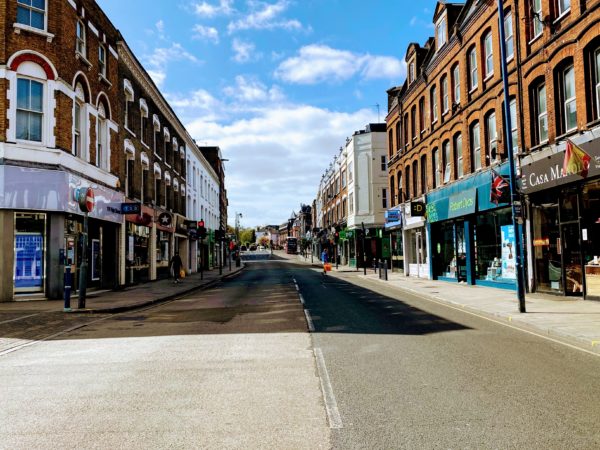The Resolution Foundation has produced a briefing note looking into the impact of Covid-19 on the youth labour market. The report found that 16-24-year-olds have disproportionately felt the brunt of the fall in employment that’s occurred over the past year, accounting for 57%. The impacts have not been evenly spread within the 16-24 year old cohort,. You can read the full report here.
The briefing note starts by setting context on youth unemployment and how Covid-19 has affected young people; large sectors of the UK economy were temporarily shut down across 2020 and 2021. This had a profound effect on young people and their ability to stay in work and find work.
Key Findings
Findings show that youth unemployment rose faster between spring and autumn 2020 than at any point since the 2008 financial crisis. Those aged 16-24 have accounted for nearly
Two-thirds of the total fall in payrolled employment that occurred over the course of the last year (February 2020 – February 2021).
The rise in youth unemployment has been felt hardest amongst certain groups. Young black people and education leavers are struggling to find their first jobs and maintain employment. The unemployment rate would have been higher had it not been offset by a large increase in full-time education participation.
Unequal Proportions: Ethnicity and Education Leavers
Young people are struggling to find their first job:
- Before the onset of Covid-19, 25% of Black 16-24-year-olds were out of work and looking for a job, compared to 21% of their Asian peers and 10% of their White peers.
- By the end of 2020, the unemployment rate rose to 34% for Black young people, 23.7% for Asian young people and to 13% for White young people.
- Black 16-24 year olds opting for full-time education rose by 3 ppts but was not offset by the 9 ppt fall in employment.
Recent education leavers are struggling to find their first job:
- Between 2019 and 2020 the graduate unemployment rate stood at 18% and for non-graduates leaving full-time education it was 14%. This is a 4 percentage point (ppts) rise for both groups.
- Between 2019 and 2020 young male graduates’ unemployment rate was 17.5%. This is 7.3 ppts higher than young female graduates and 1.6 ppts higher than non-graduate young men.
- The year-on-year unemployment rate increase was more stark among recent leavers from ethnic minorities; those from a Black background (24.2% to 37.8%) and an Asian background (16.9% to 23%) were hit hardest. Those from a White background saw a rise from 13% to 14.5%.
- Between June and December 2020, the unemployment rate for young women was much lower than their male counterparts between June and December 2020 (12.7% compared to 18.6%).
- However, since the start of the Covid-19 crisis, young women who recently left education have seen their unemployment rate rise much more than their male peers, by 28% compared to 8%.
Recommendations
The report calls for policy makers to acknowledge that young people have had to sacrifice to ensure lives are saved during the Covid-19 outbreaks and lockdown measures.
- Youth focused education and labour market policies should be aimed at those furthest from the labour market and Government should continue to invest in initiatives that help young people into quality work, training and education opportunities.
- Policy makers should ensure that young people have quality education and training opportunities, given the important role it has had in keeping the youth unemployment rate lower than it otherwise would have been with full-time education uptake.
- Policy makers, employers and educators should take this briefing notes analysis of ethnic inequalities seriously. Employers should be encouraged to investigate these inequalities within their own workforce. Alongisde this Government should work with education providers, employment support providers and employers to rigorously identify where their support, recruitment and progression practices cause or excasberate bias and discrimination.












